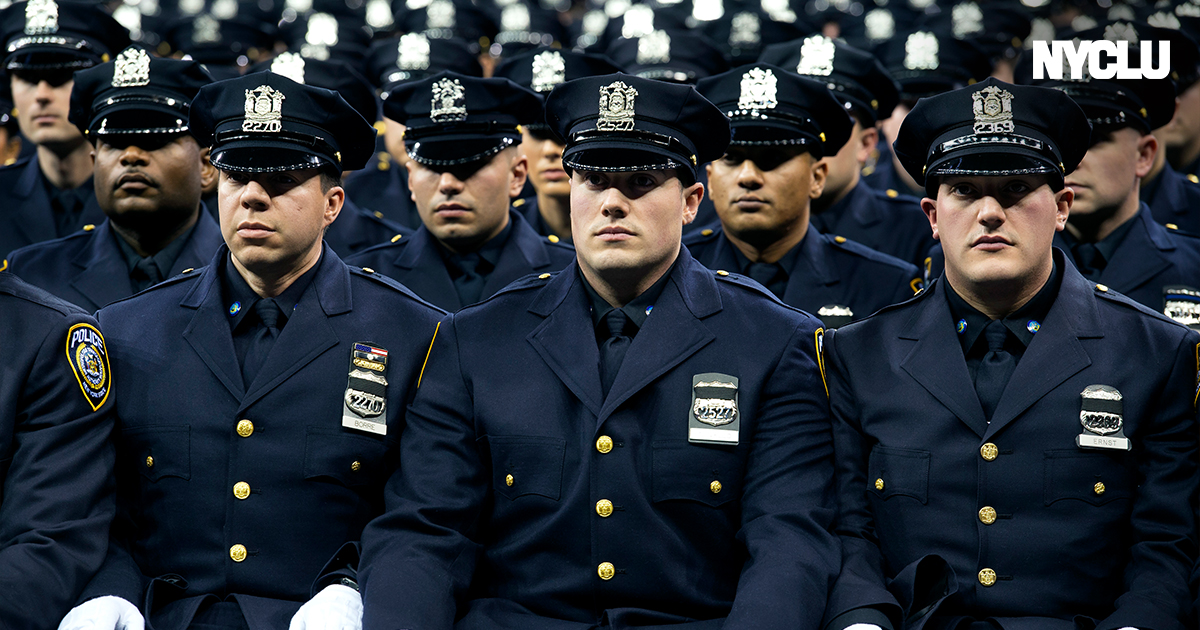69 percent of voters say sending mental health and addiction specialists – rather than the police – to calls related to mental health, homelessness, and substance use would help improve safety in communities a lot or some. Funding more appropriate first responders for such calls would not only reduce the burden on police, but also ensure that individuals receive the help they need from specially trained providers.
Despite the fact that studies show coercing people into getting mental health care is generally ineffective, New York State recently made it easier to forcibly commit vulnerable people to psychiatric facilities — even when they pose no imminent harm to themselves or others.
Before this reform was enacted, the New York City Council released a study showing police and city officials claim they forcefully commit more than 100 people every week, and there is little transparency about what happens to them. We know that when clinicians are the ones initiating this process, 40 percent of the time the person doesn’t end up being admitted for in-patient care.
This data isn’t available for police-initiated involuntary removals, but we can assume the ratio is at least as high, given their lack of medical training. This means it’s likely that police are involuntarily removing hundreds of New York City residents from public and private spaces who ultimately don’t meet the criteria for involuntary confinement. In addition to disrupting the lives of the people removed, this is an ineffective use of police resources.
Our leaders must end their over-reliance on police as first responders and instead treat mental health crises as public health emergencies. That is why the NYCLU has called for state lawmakers to pass Daniel’s Law.
The bill would make teams of EMTs and peers — individuals with lived substance use or mental health experience — the primary responders for mental health emergencies. These teams would be trained to deescalate situations and connect people with appropriate care, thus reducing the need for police intervention.
